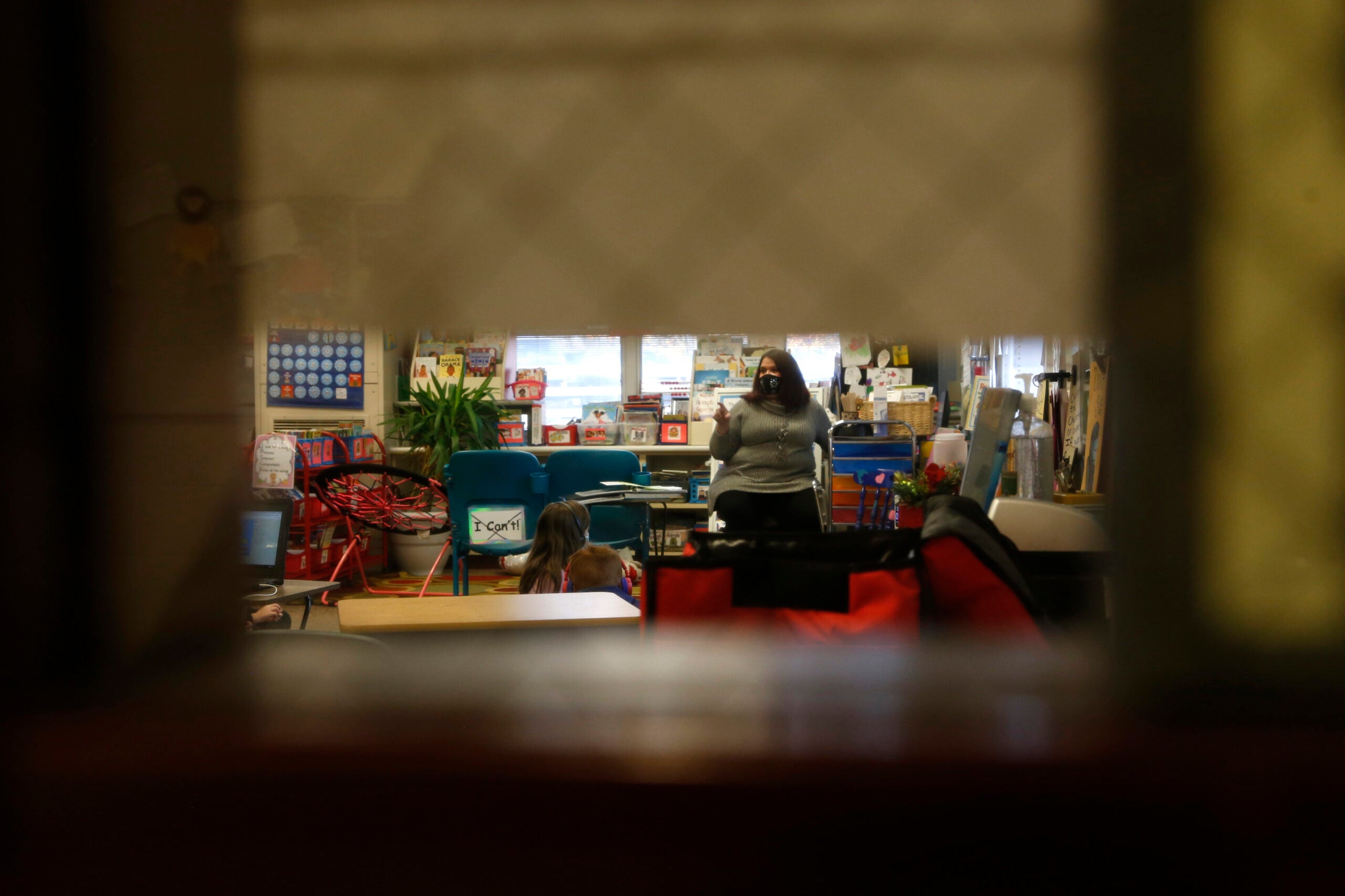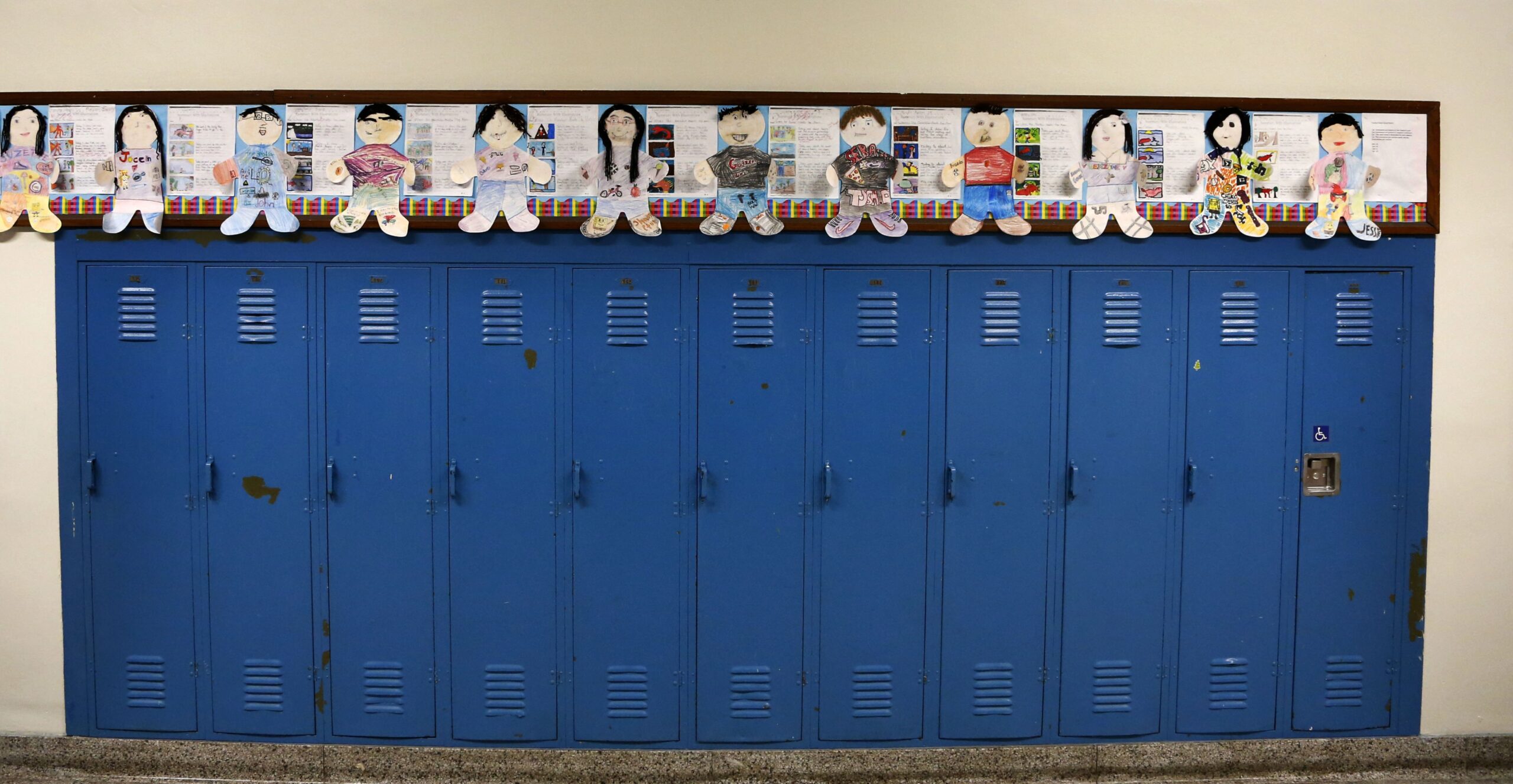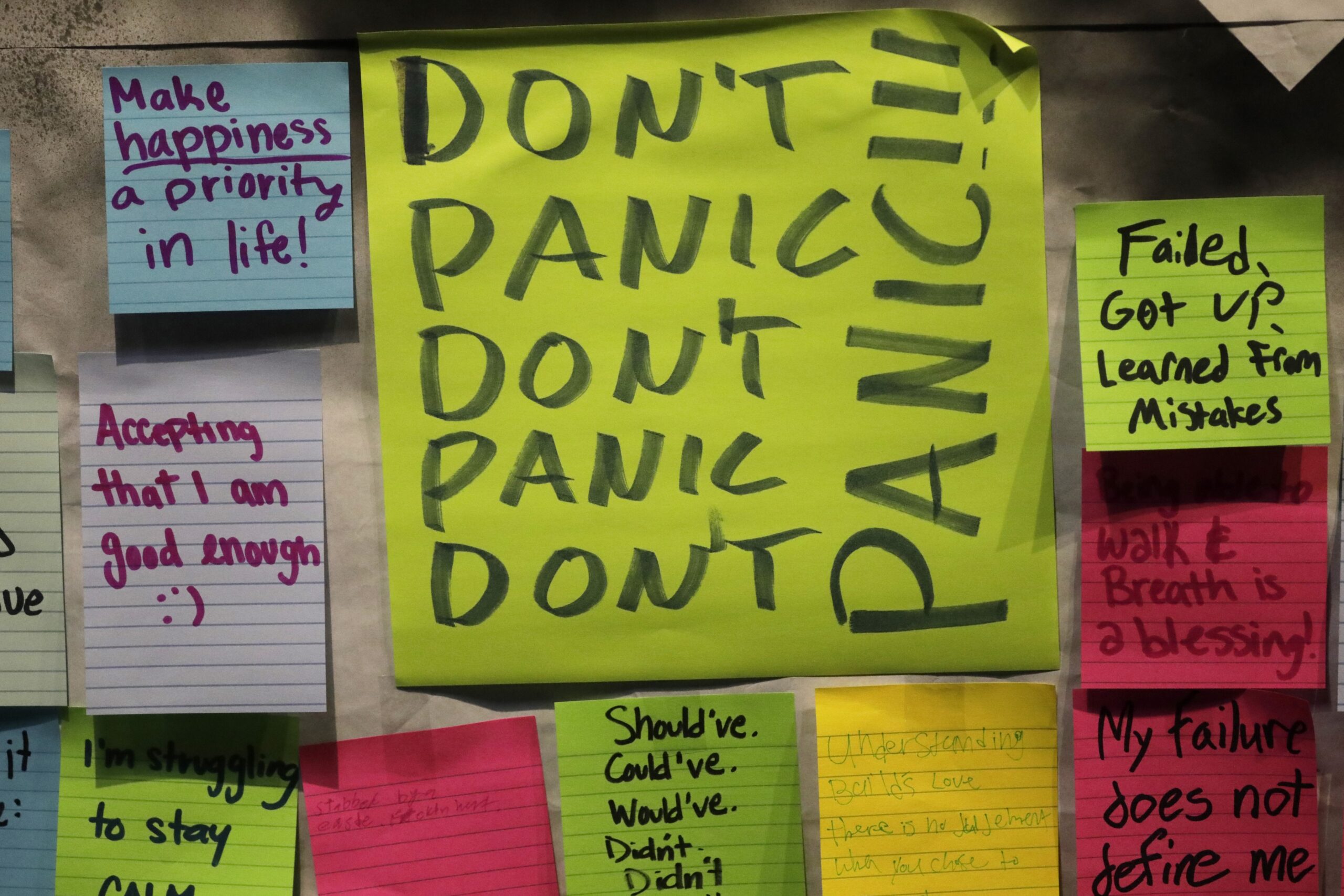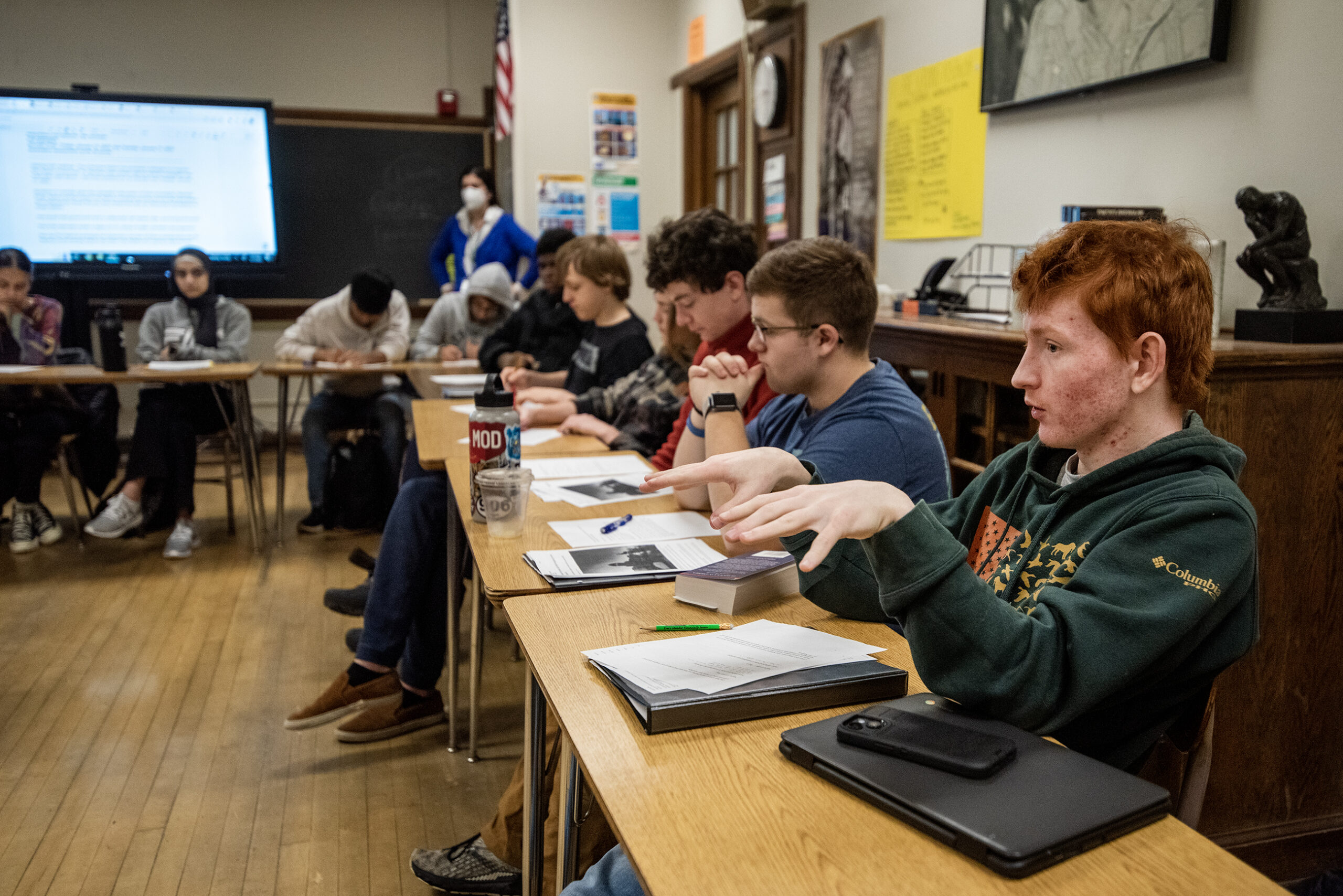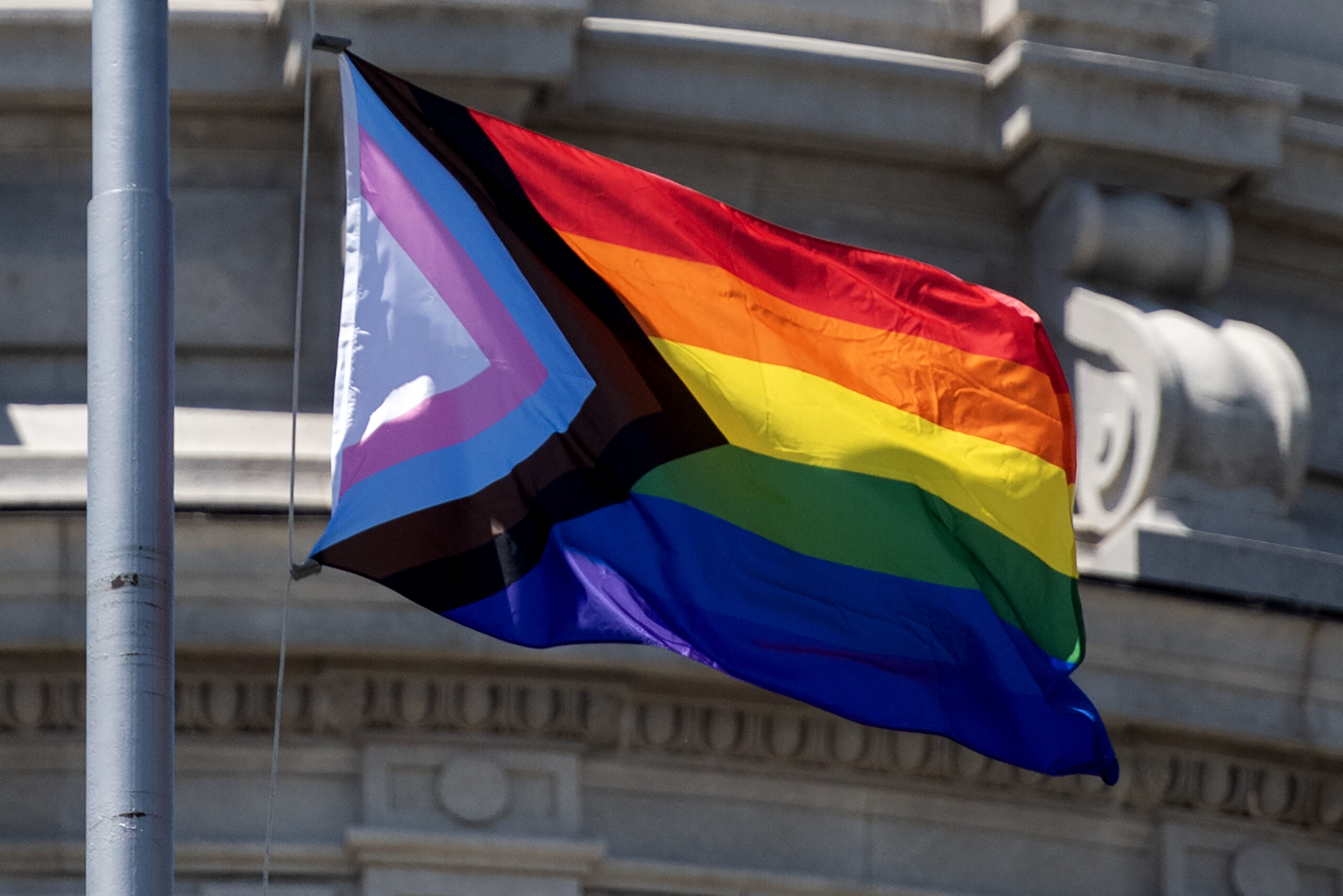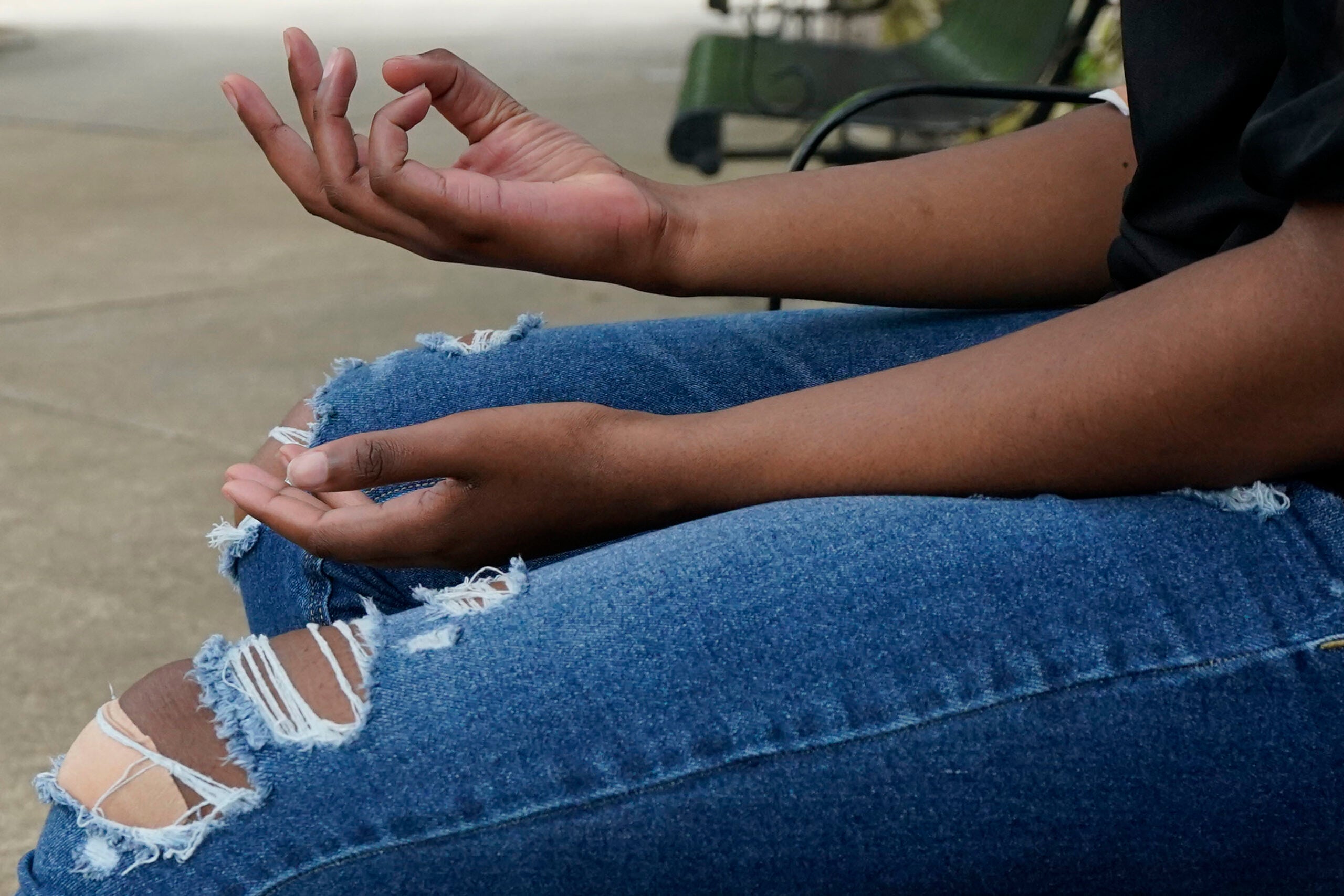During his annual State of the State address, Gov. Tony Evers declared 2023 “the year of mental health,” promising to seek hundreds of millions of dollars to help children who have spent the last three years struggling because of the pandemic.
“We have work to do to get our kids caught up from the past few years,” Evers said in late January. “We all want to improve outcomes and ensure our kids are prepared for success. And I believe that together we will.”
Evers’ proposed biennial budget included more than $270 million to expand mental health services in schools. But by May, the Republican-led budget writing committee had cut 38 education-related items, including the mental health funding.
News with a little more humanity
WPR’s “Wisconsin Today” newsletter keeps you connected to the state you love without feeling overwhelmed. No paywall. No agenda. No corporate filter.
In his budget veto message, Evers restored $30 million to continue funding for a program called “Get Kids Ahead,” which helps schools provide mental health services to students through community partnerships.
Educators say they need more money to support children who have increased anxiety and depression.
“Throughout the whole budget process we were hoping that people would come together and recognize the need to robustly fund mental health in our schools, and I am glad we got something, but $30 million is just not enough,” said Abby Swetz, communications director for the state Department of Public Instruction. “We need to stop asking our schools to do what they can with what little they get.”
Previously, districts competed for “Get Kids Ahead” grants, with maximum award amounts of $75,000. The $30 million modifies the program, requiring DPI to distribute funding to every school district.
A report from the non-partisan Legislative Audit Bureau released last Thursday on K-12 funding found the $30 million would provide payments of approximately $31 per pupil in 2023-24 and 2024-25.
Swetz, a former eighth grade teacher, said the best way to know if students are struggling is to ask them.
Of the 1,800 students at 43 Wisconsin public, charter and alternative schools who completed the most recent Youth Risk Behavior Study in 2021, more than half said they struggled with significant anxiety — the largest percentage since that question was added in 2017.
Over a third of the students surveyed reported suffering depression in 2021, the highest level since 1999. And 18 percent of students said they had considered suicide.
The numbers are even higher for LGBTQ+ students.
“Again, this is data directly from our students,” Swetz said. “We all know 10 kids. Out of 10, five have anxiety, three have depression and about two have thought about suicide and about one has attempted suicide. That is what the data is telling us.”
Stacy Eslick, executive director of the Wisconsin School Counselors Association, said she’s grateful some money was included in the budget for mental health, but said more is needed to hire counselors, social workers and psychologists for schools.
Eslick said she’s worried there will be more cuts to counseling staff in coming years, since only about 60 percent of Wisconsin schools will receive a school funding increase in the next budget.
“Schools are going to have to make decisions about who to cut because most of the budget is in staffing,” Eslick said. “If they have to cut a half-time person, and there is a counselor not in the classroom, but supporting the needs of the students, are they going to cut that counselor position?”
Children’s Wisconsin has increased its participation in school mental health care. The Wauwatosa-based hospital currently has mental health therapists in 53 schools, up from 30 schools just a few years ago.
According to Children’s, 1 in 5 students go to school with a diagnosable mental health concern that affects their ability to learn. But only 50 percent of Wisconsin children receive treatment.
“Providing school-based therapies directly improves access to mental and behavioral health services by making it more convenient,” said Mandy Quesnell, director of mental and behavioral health at Children’s Wisconsin. “It eliminates transportation barriers and provides more collaborative care and treatment when partnering with parents, caregivers, teachers, school counselors and staff.”
In March 2022, Children’s opened the Craig Yabuki Mental Health Walk-In Clinic. Since then, the clinic has had nearly 1,400 visits.
The clinic is named in memory of Craig Yabuki, who died by suicide in 2017. The Yabuki Family donated $20 million to help Children’s more effectively provide mental health care.
“Our mental health experts are seeing an average of 92 kids per month, but it’s actually around 150 a month during the school year,” Quesnell said. “So things do tend to slow down in the summer, (and) we want to remind families that it’s a resource they can use all year long.”
Wisconsin Public Radio, © Copyright 2025, Board of Regents of the University of Wisconsin System and Wisconsin Educational Communications Board.

